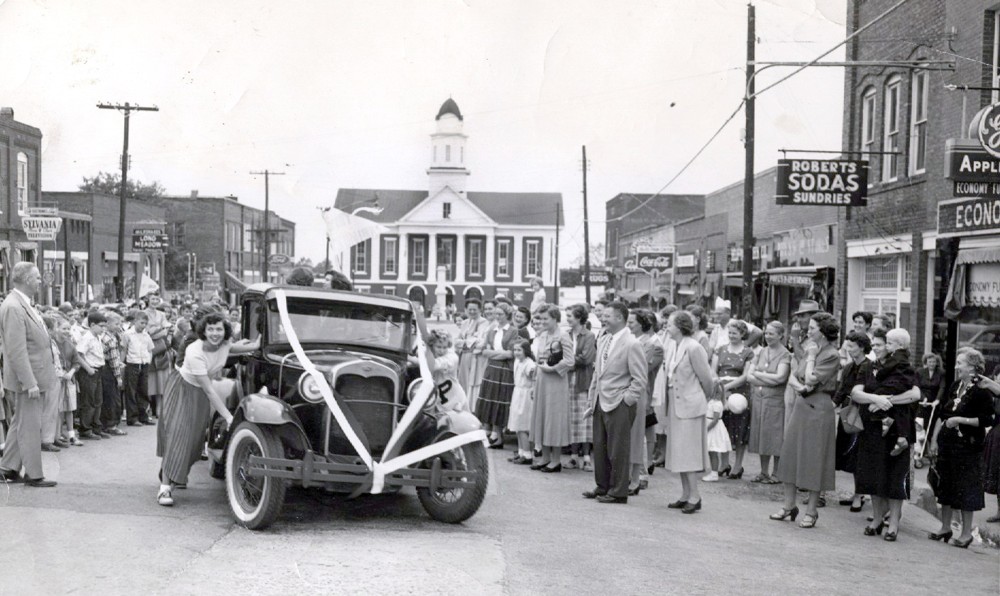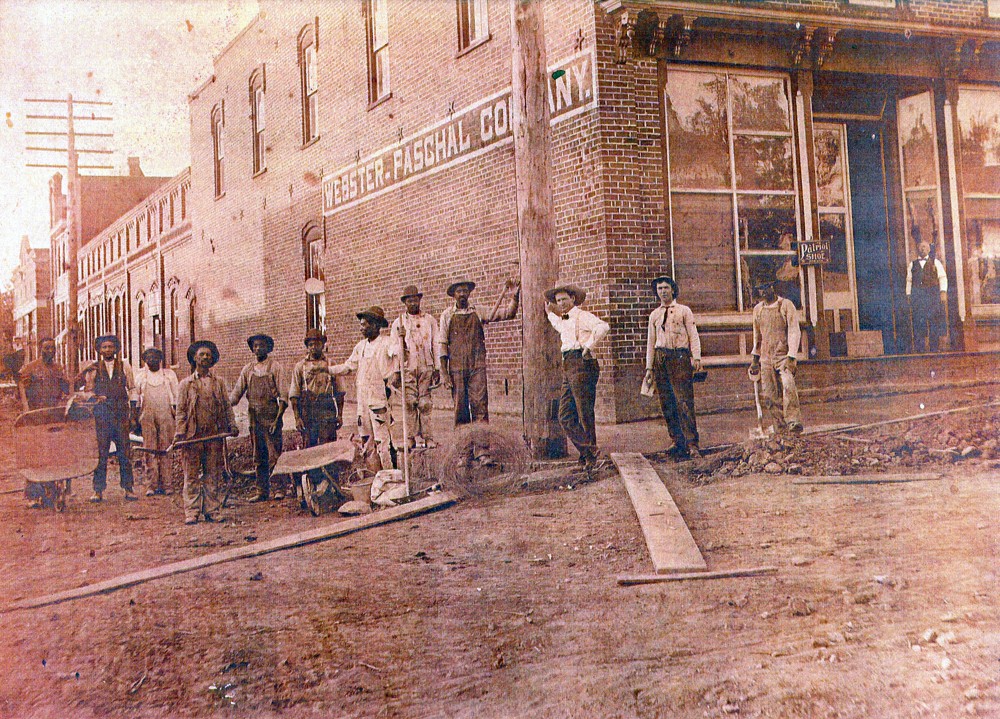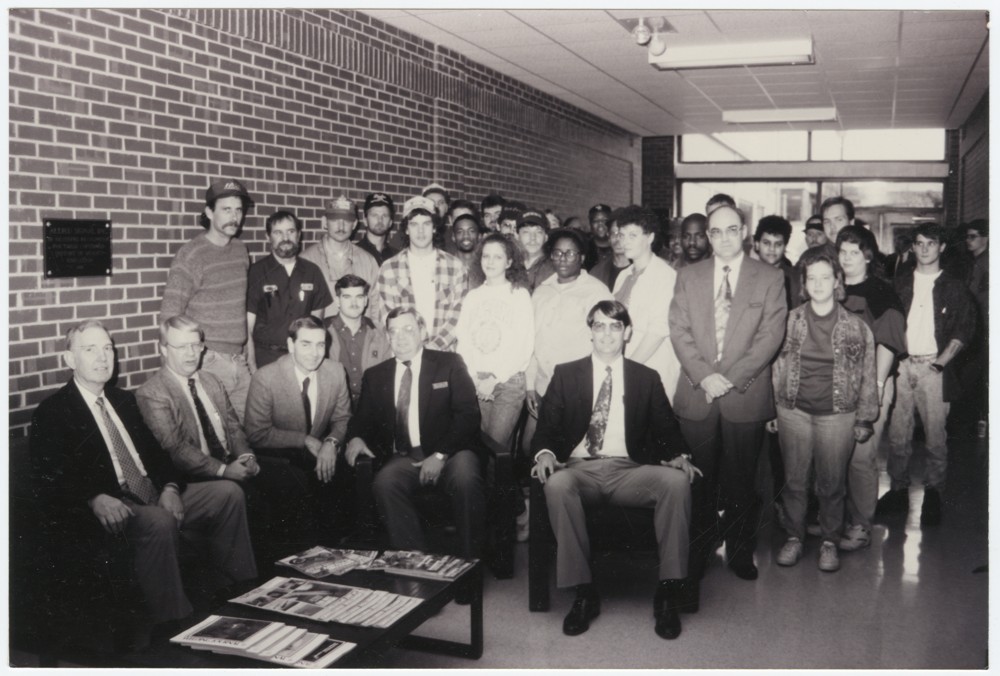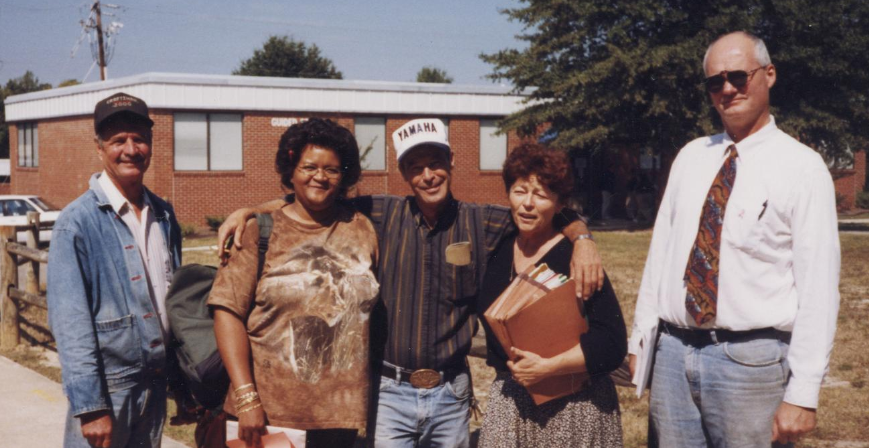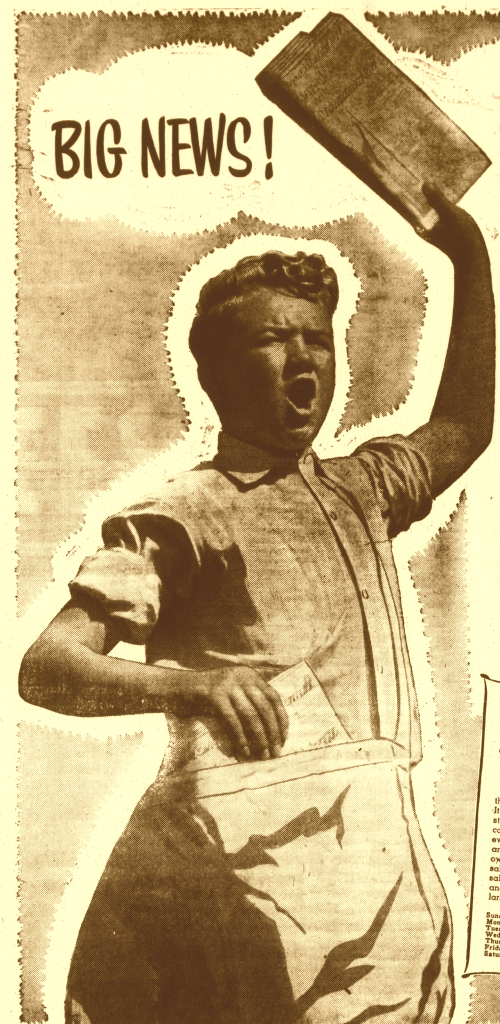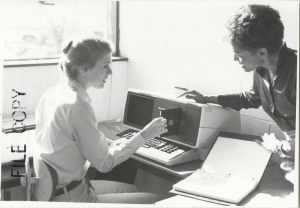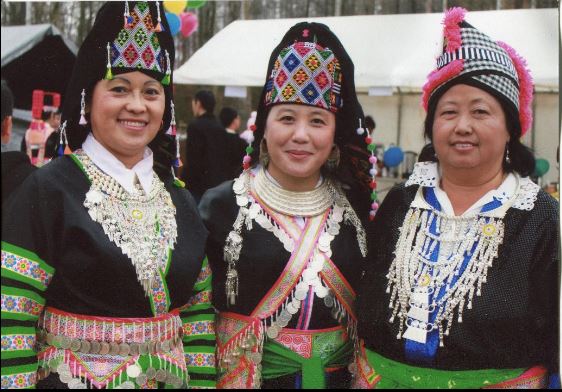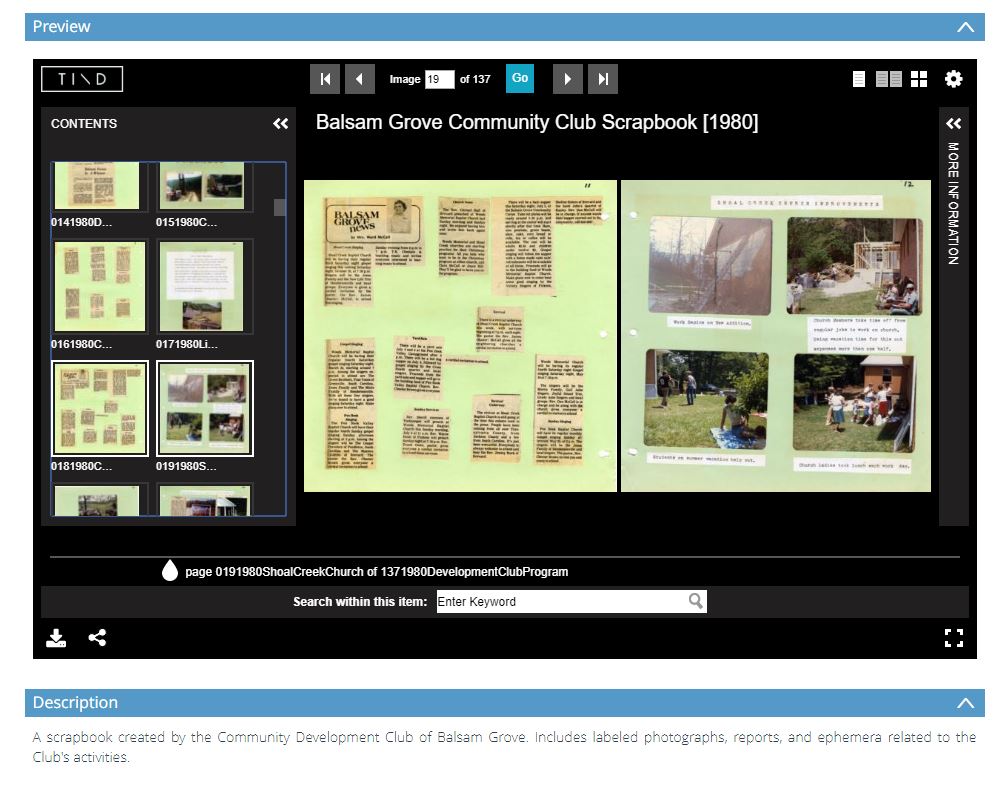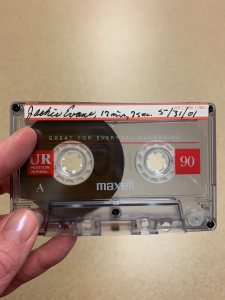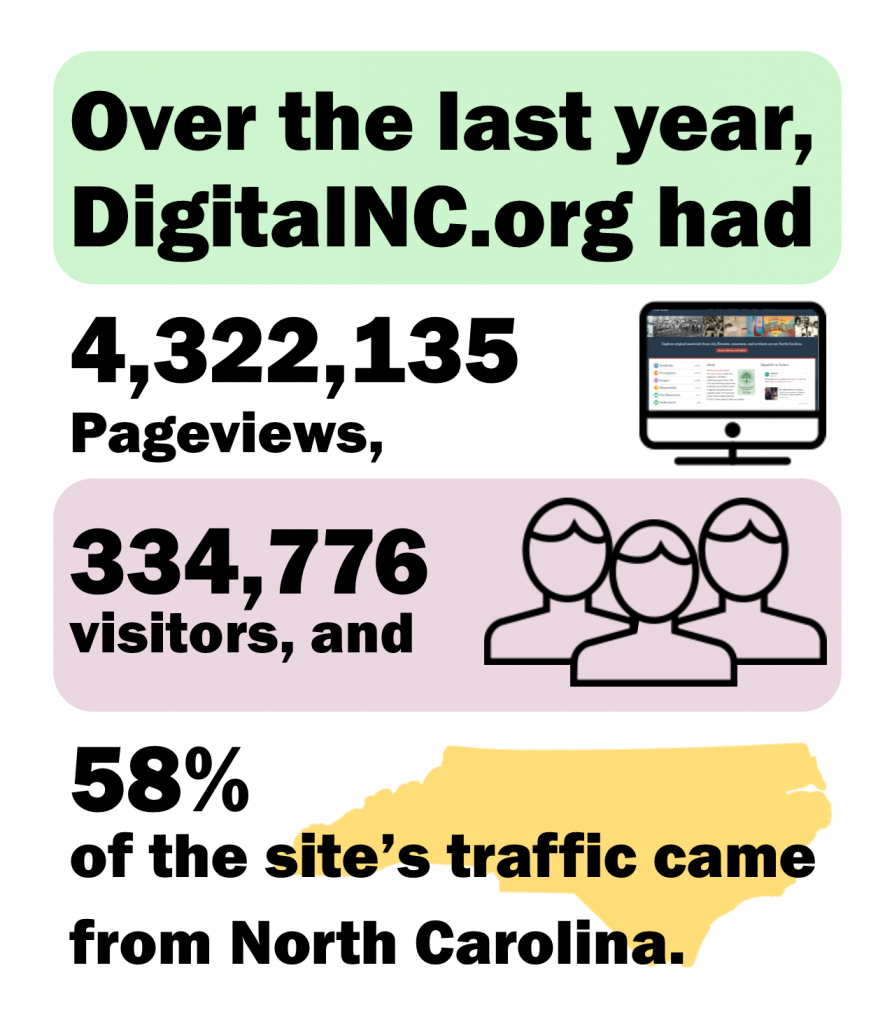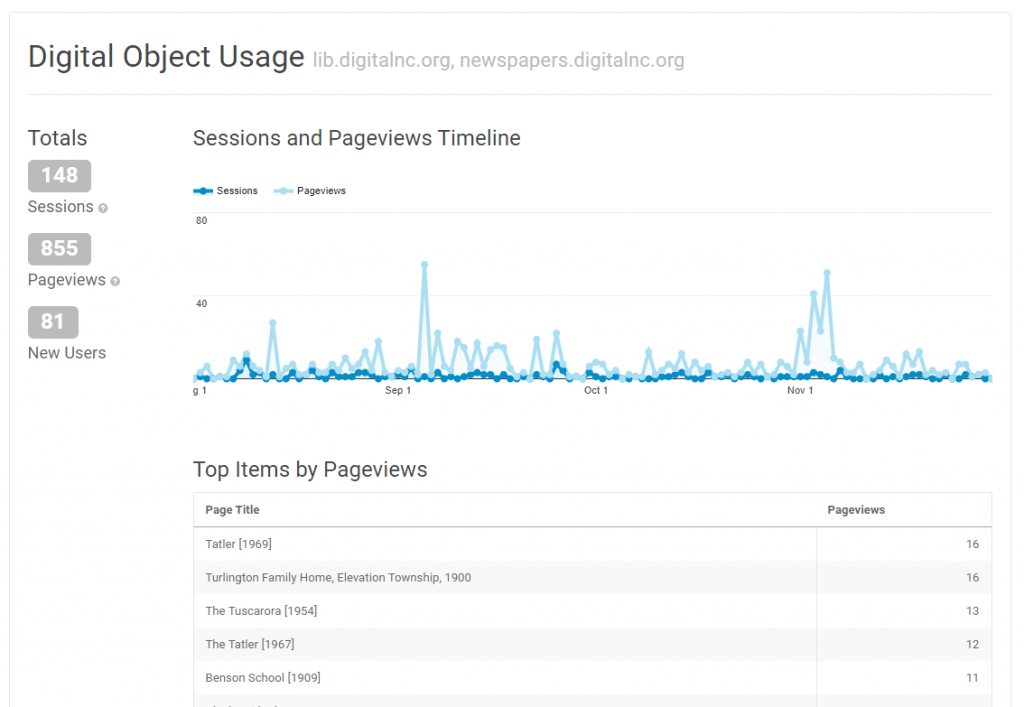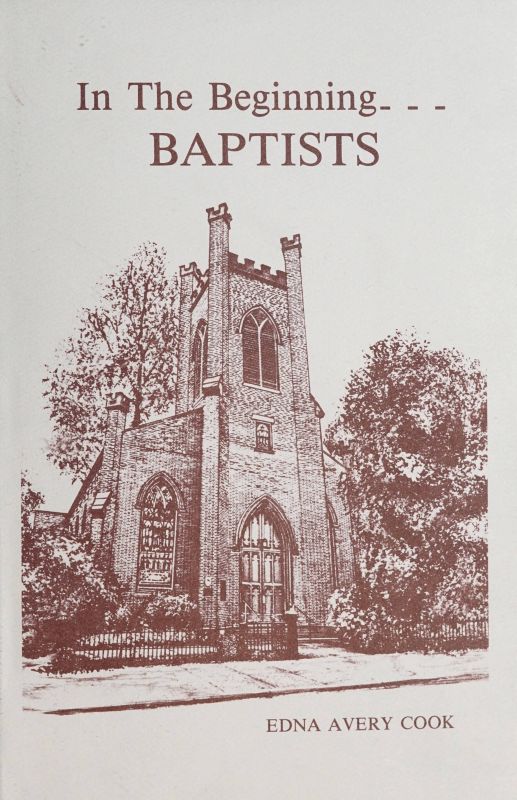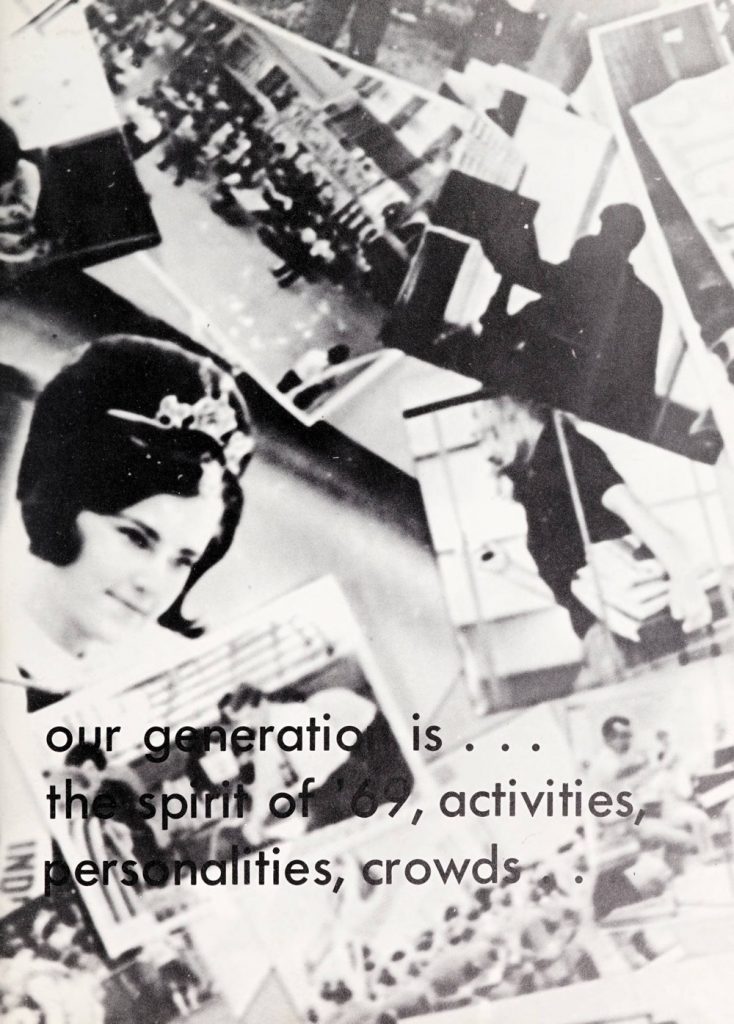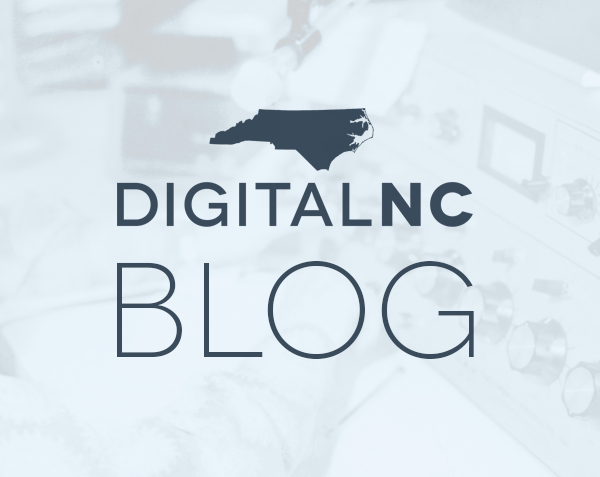Thanks to our partners at the Chatham County Historical Association, DigitalNC now hosts nearly 100 new photos of Chatham County, as well as a profile of the Cape Fear and Deep River Slack Water Navigation from 1851 and the story of the Cape Fear and Deep River Navigation Company.
The Cape Fear and Deep River profile and its story are DigitalNC’s first additions to provide insight into North Carolina’s inland navigation system, though this information is complemented by several photos of the Cape Fear river on our site. The Deep River, along with the Haw River, is a tributary of the Cape Fear River. The two rivers meet just south of Jordan Lake in Chatham County, near Moncure and Haywood, North Carolina. The Cape Fear and Deep River Navigation Company was organized in 1849 in Pittsboro, NC, to enable steamboats to traverse the rivers. The company ensured navigation of the rivers by building dams and locks as a slack water system of navigation. To learn more about the company, visit Wade Hadley, Jr.’s history of the organization from 1980.
This batch of materials also includes nearly 100 new photographs of twentieth century Chatham County. Several showcase local high schools, activities at the Gilmore Hunting Lodge, dam construction, the Carolina Power and Light Company, churches in Mount Vernon, and other subjects.
To learn more about the Chatham County Historical Association, visit their contributor page here or their website here.

